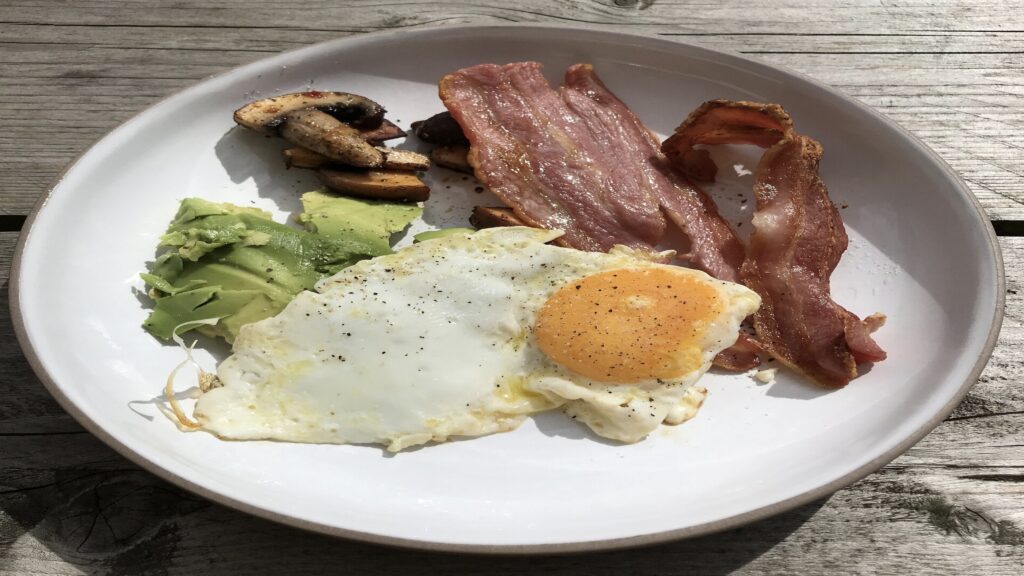
A team of researchers affiliated with multiple institutions in the U.S. and one in Denmark has found that people suffering from alcohol withdrawal experience less severe symptoms if they go on the ketogenic (keto) diet. In their paper published in the journal Science Advances, the group describes experiments they conducted with rats and human volunteers involving the keto diet and alcohol withdrawal symptoms.
When alcoholics decide to cease drinking, they experience withdrawal symptoms—the severity differs depending on the person and the degree of dependence on alcohol. Because the withdrawal symptoms are so unpleasant, many people seek assistance, such as checking into rehab. In this new effort, the researchers have found a new tool to help with withdrawal symptoms, possibly reducing the rate of recidivism.
The researchers noted that prior research has shown that when people become dependent on alcohol for a long enough period of time, their body begins to use less glucose for energy—instead, it begins to use acetate, which the body makes by metabolizing alcohol.
The lack of acetate in the body that leads to the types of cravings associated with alcohol withdrawal symptoms. The researchers also noted that when people go on a keto diet, their body has more ketone bodies to metabolize for use as an energy source. Thus, it seemed possible that the diet could help people suffering from alcohol withdrawal symptoms.
The researchers tested their theory by asking 23 newly hospitalized alcoholics to go on the keto diet and used another 23 patients as a control group. To assess the impact of the diet, the researchers measured ketone and acetate levels in the volunteers once a week. They also looked for inflammation markers that are common in people in rehab and assessed the amount of medication needed to help the volunteers with their symptoms.
All of the data suggested that the keto diet reduced withdrawal symptoms in the volunteers. The researchers conducted a similar experiment with test rats and found that the rats on the diet drank less alcohol than control rats. They suggest their results are encouraging, but note more research is required, particularly with outpatient volunteers.
 Eating asparagus may prevent a hangover, study suggests
Eating asparagus may prevent a hangover, study suggests Fungi in gut linked to higher Alzheimer’s risk can be reduced through ketogenic diet
Fungi in gut linked to higher Alzheimer’s risk can be reduced through ketogenic diet Ketogenic diet helps tame flu virus
Ketogenic diet helps tame flu virus Research Could Strip Wine Of Sulfites — And Health Worries
Research Could Strip Wine Of Sulfites — And Health Worries